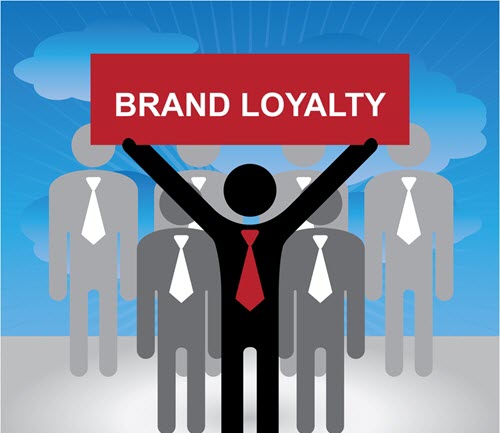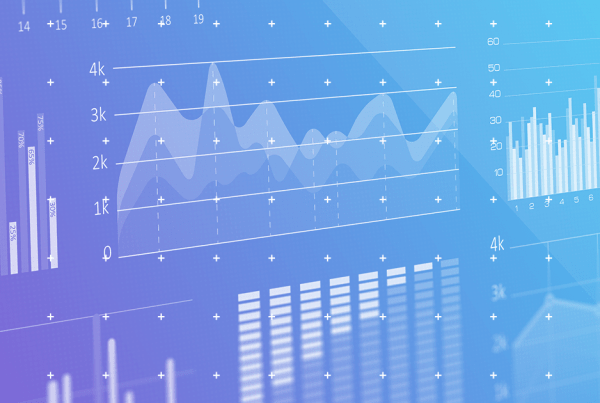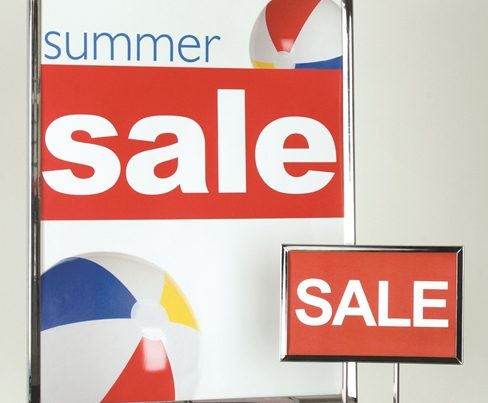Customer rewards program provide great value to both businesses and their customers. In exchange for a customer discount, companies gain loyalty. Businesses can gather as much information as possible about their buyers in an attempt to keep those customers coming back for more.
Businesses that understand who is buying their products and why will have an easier time marketing products to the specific segment of the population in the future. A 2014 Experian study found that approximately 75 percent of companies with a customer loyalty program see a positive return on investment. The same study stated that 69 percent of businesses track the lifetime value of customers on these programs, with the average customer being worth $1,803.
Retailers who utilize data analytics within their rewards programs will have an even greater advantage against their competitors. Understanding how information can drive business decisions and boost loyalty will keep customers coming back time and time again.
Data drives sales
Acquiring and understanding data helps in both finding loyal customers and determining the types of rewards that may interest those people. Each step can have a tremendous impact for a company’s consumer base. Expanding a rewards program will allow a business to sell its products on a regular basis to more people, and offering rewards customers want increases the chances people continue to buy products.
“75 percent of companies with a customer loyalty program see a positive return on investment.”
The shoe company Crocs compiled data about its regular customers through a loyalty program. By evaluating the footwear styles, colors and sizes frequent customers purchase, it can design and sell more items they know will be in high demand. The retailer can also recommend purchases, taking what the customer has already bought and turning that into future sales.
“We know the customer who shops in multiple channels has a much greater value and provides us an opportunity for growth as we bring new lines to market and expand the brand,” Harvey Bierman, vice-president of global e-commerce at Crocs, said to Computer Weekly.
Personalized marketing
Rewards programs collect information that can help a business market to what its customers want. Those companies will be more successful than those who offer the same services to every shopper. Forty-eight percent of shoppers will spend more money at a business that has a personalized experience, a 2015 MyBuys study found.
The video streaming service Netflix is a leader in personalized recommendations, a direct connection to the brand loyalty its subscribers have for the product. Neil Hunt, the company’s chief product officer, said improving personalization by 10 percent results in a 1 percent decrease in subscription cancellations, according to an IBM analysis. That group of people keeping their service is worth $500 million annually to Netflix.
Data can increase customer loyalty, but diving further into the information produces insights that lead to unique sales pitches to specific shoppers. By knowing what consumers and recommending products an analytics program has determined they would also enjoy, businesses will have repeat customers, as well as increased sales and profits.






